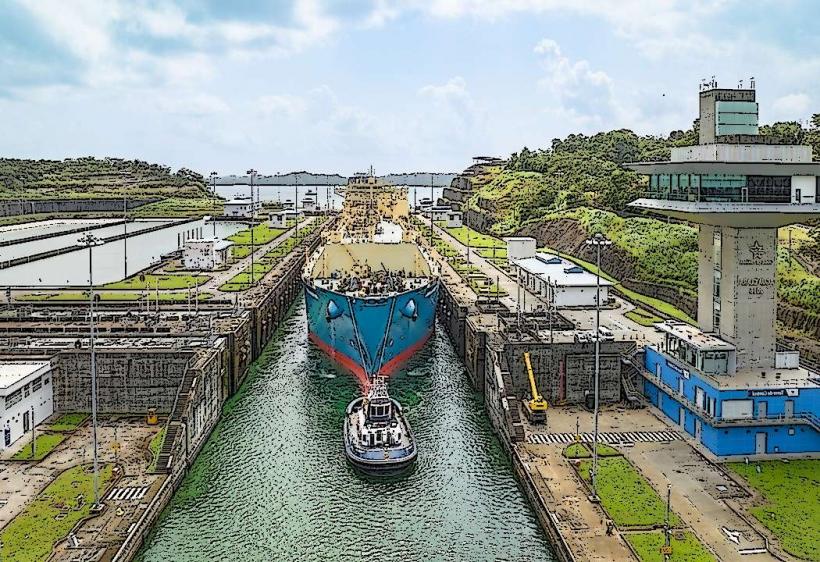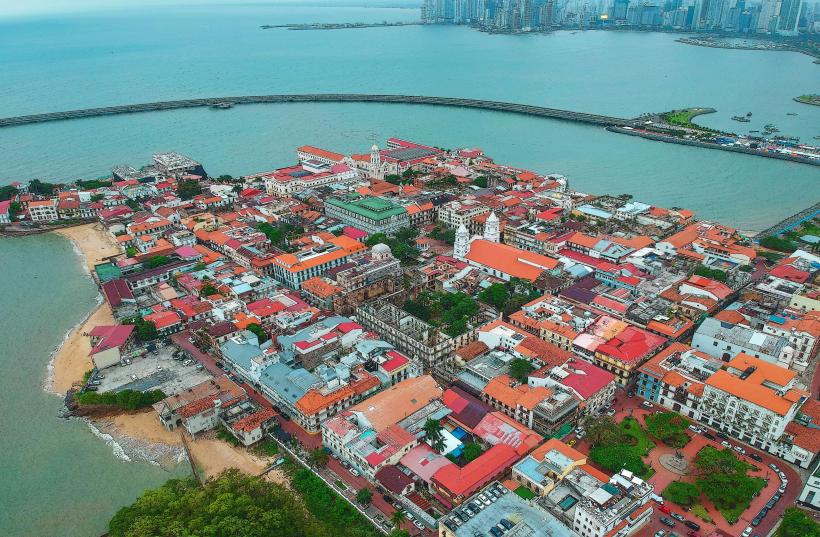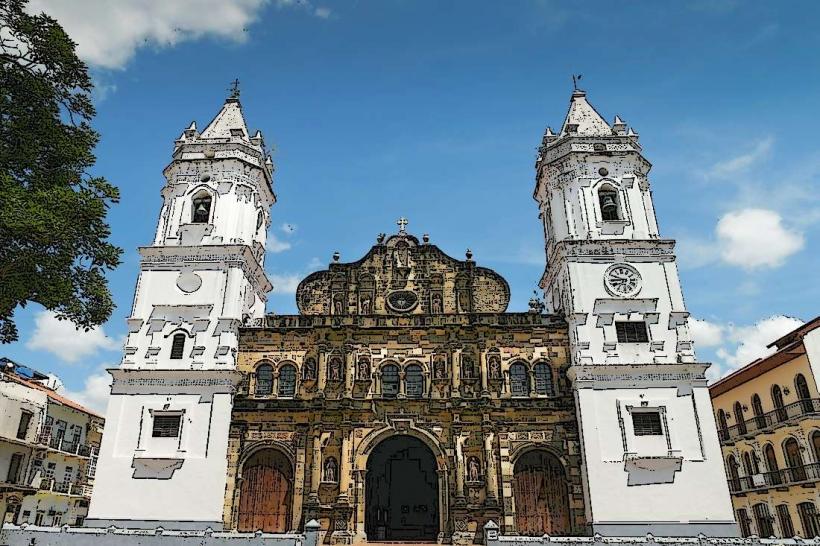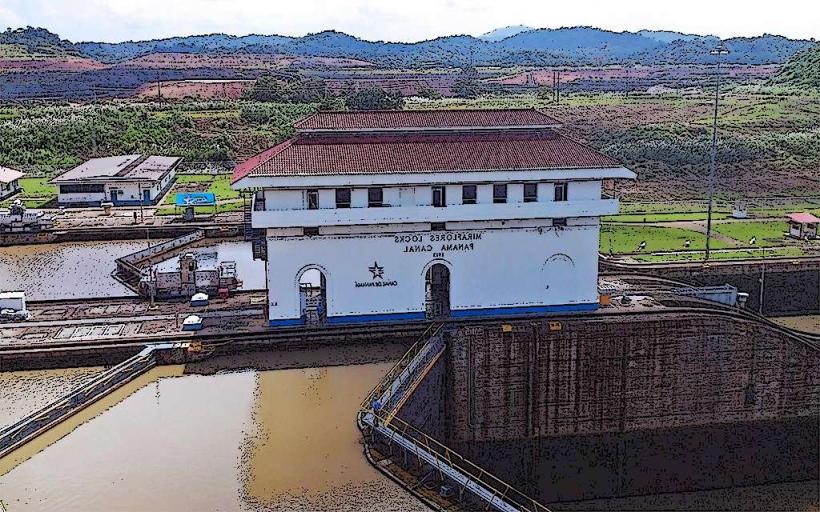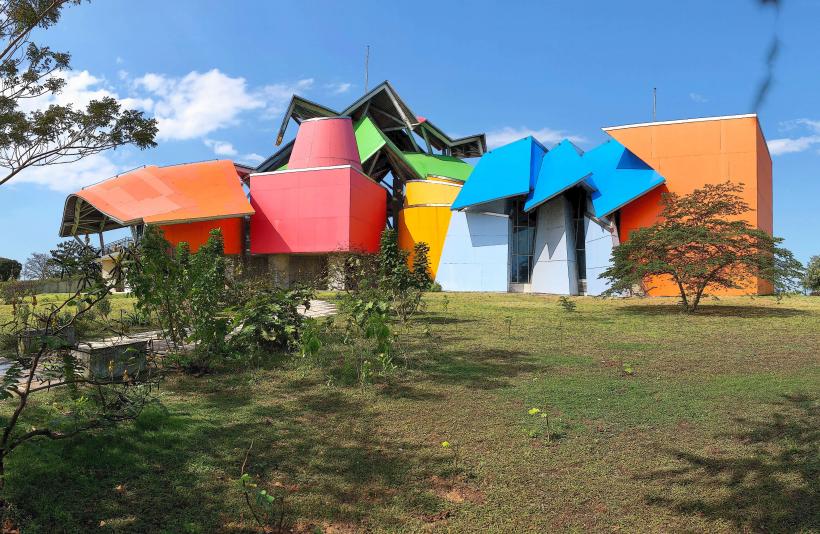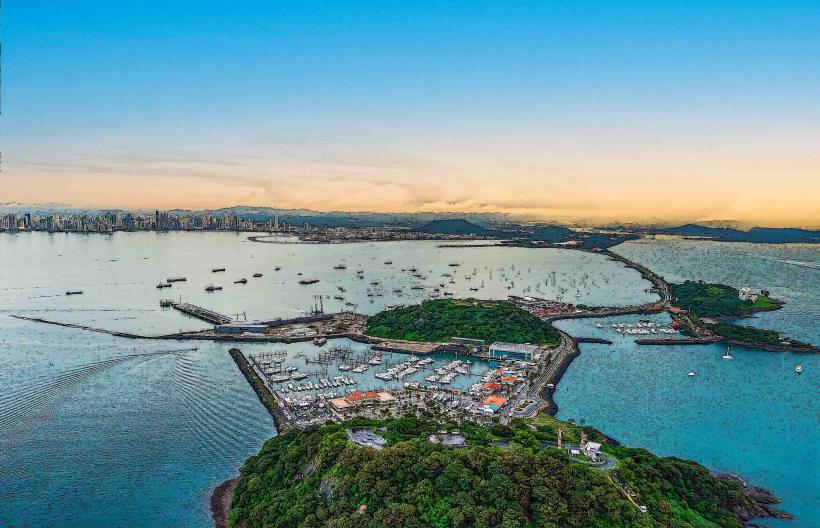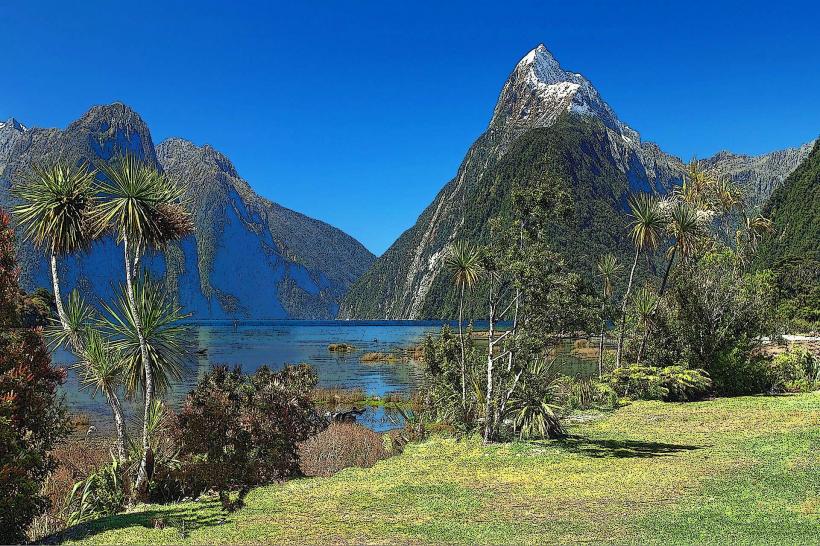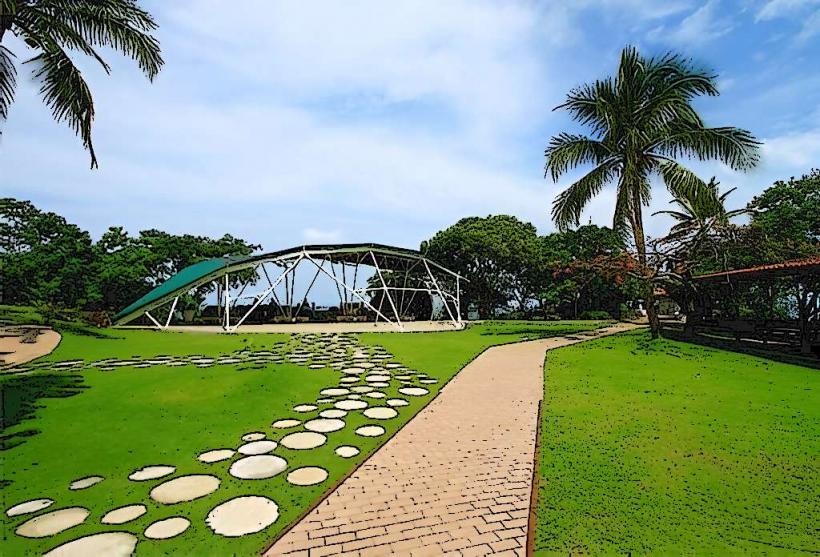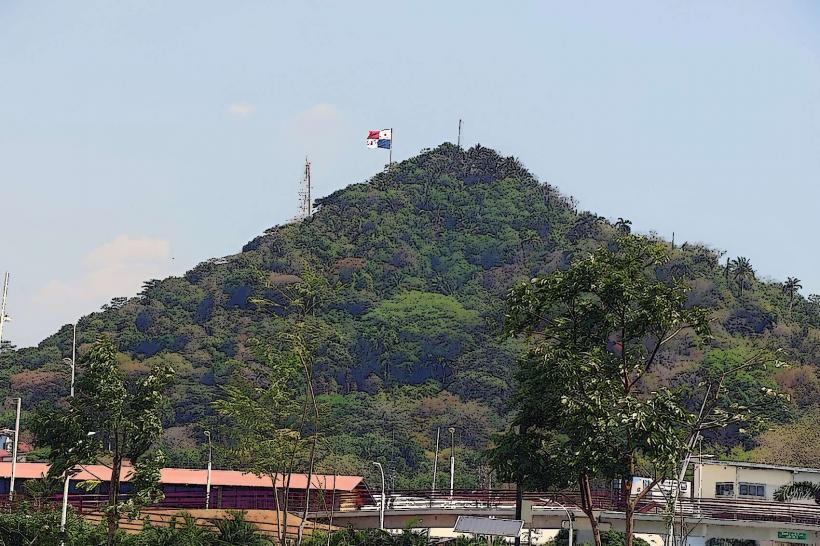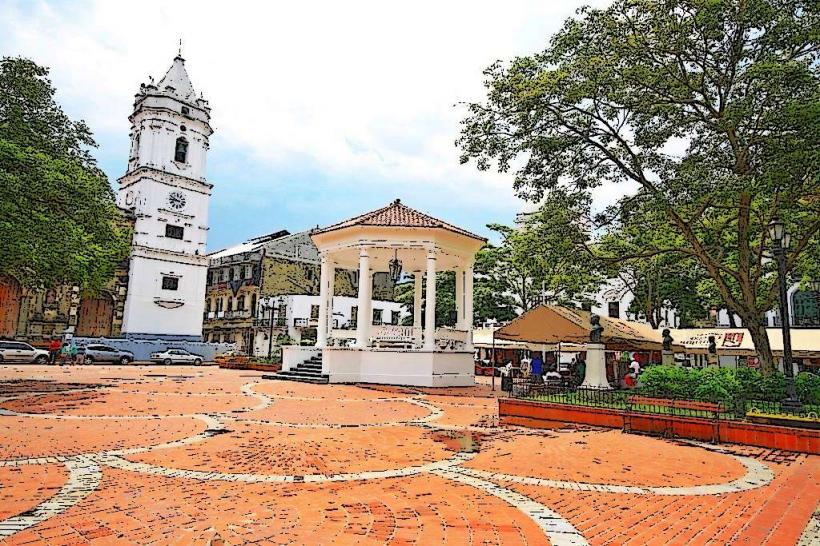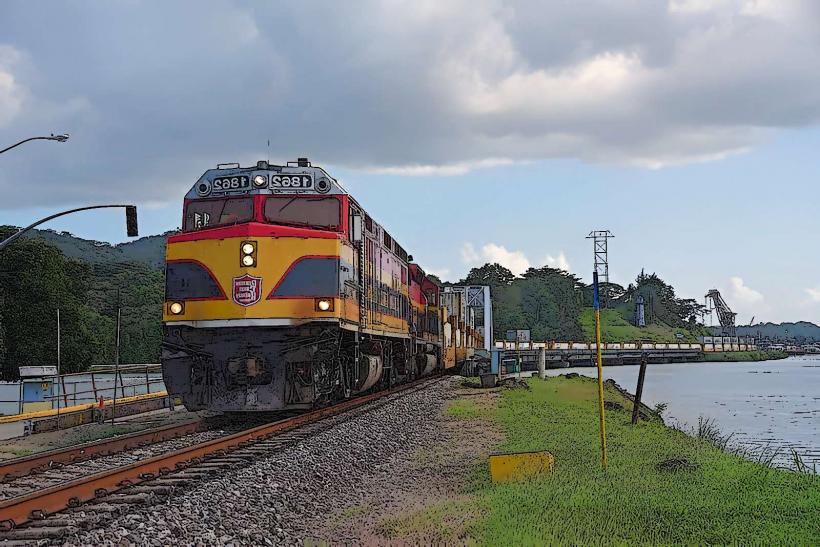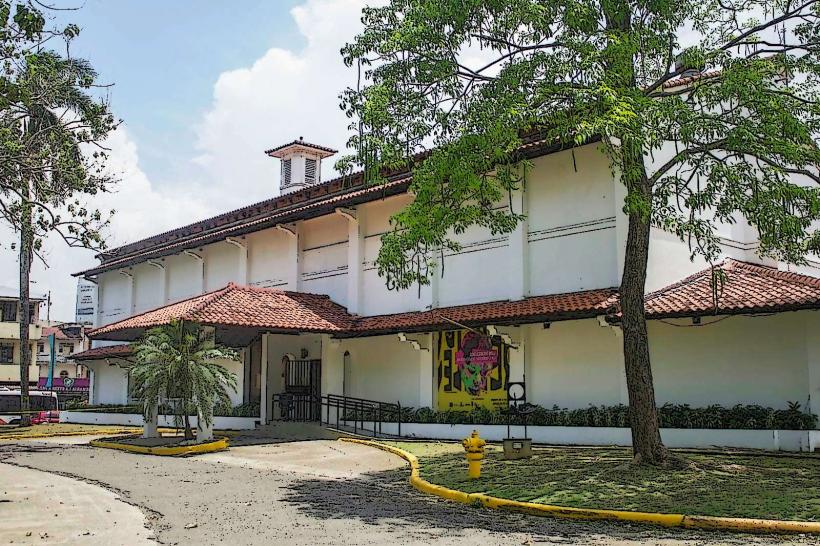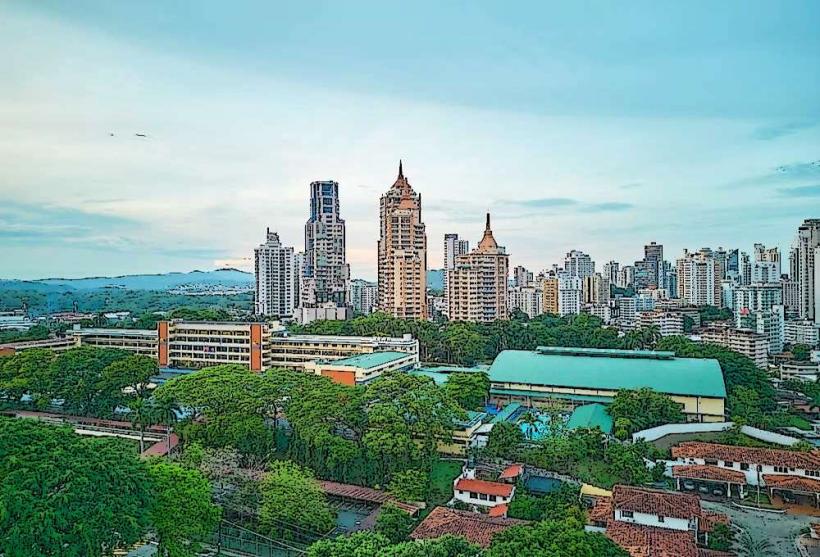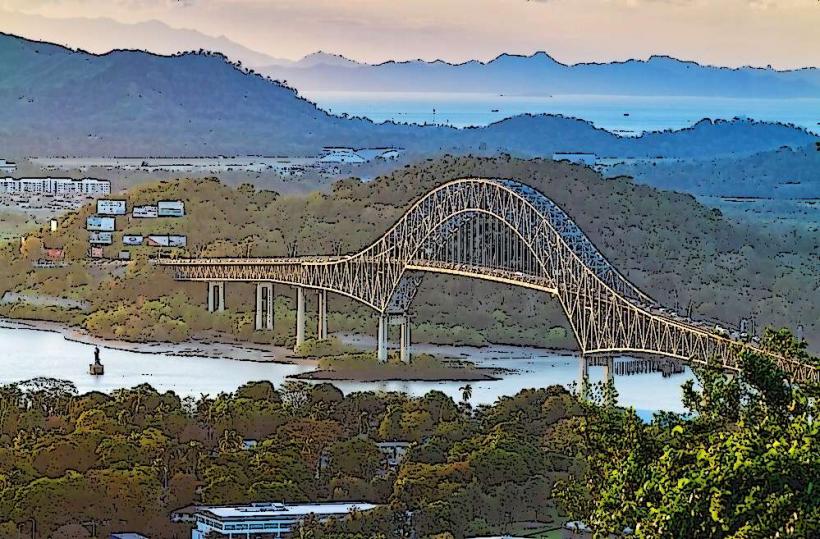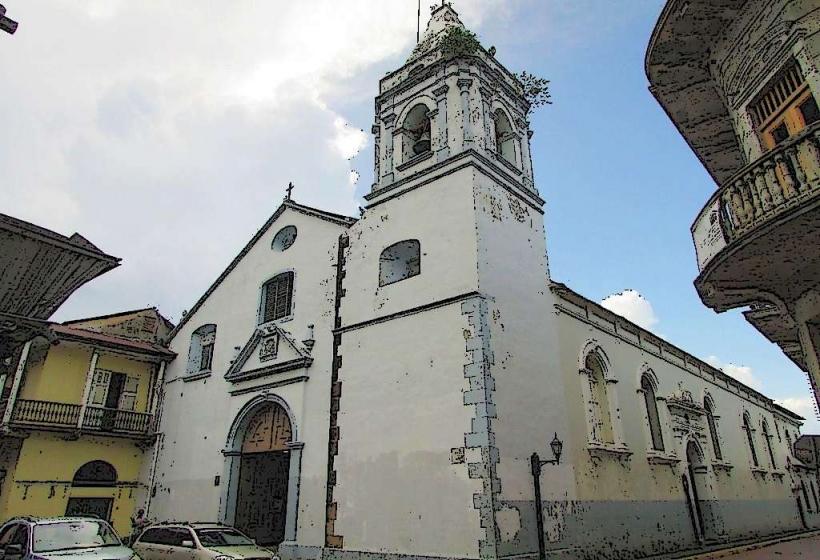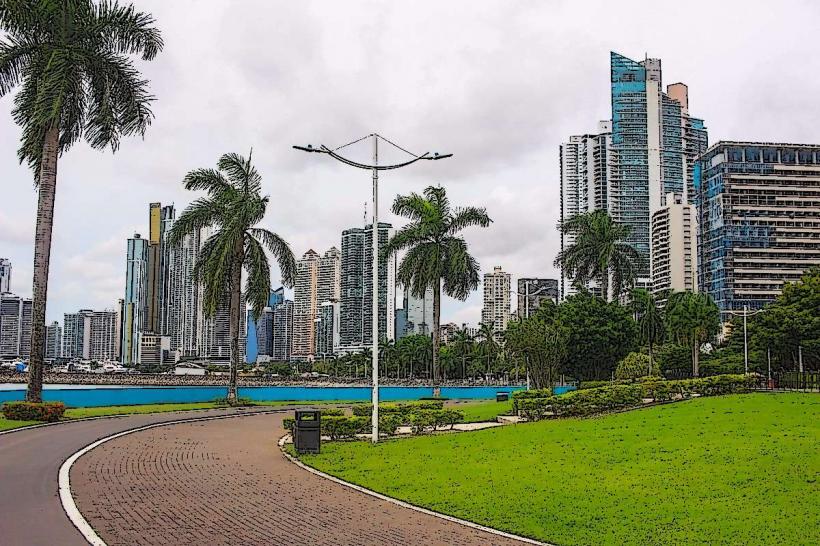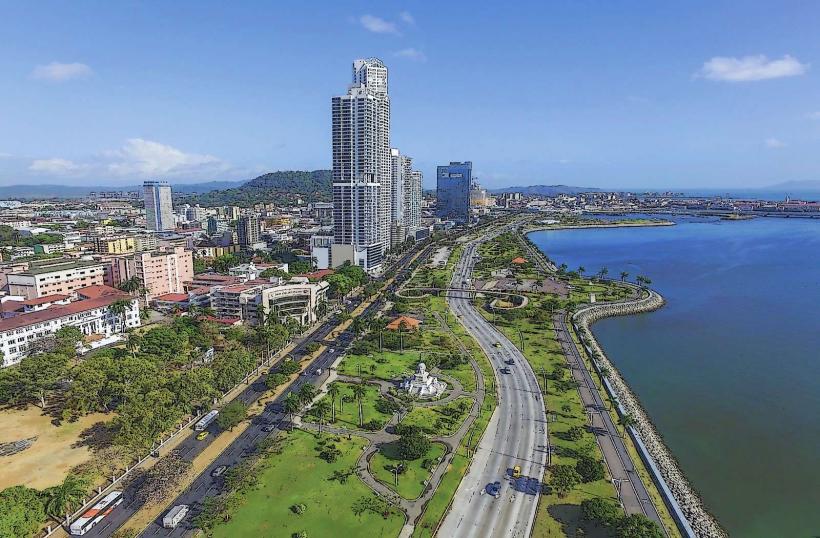Information
Landmark: Panama ViejoCity: Panama City
Country: Panama
Continent: North America
Panama Viejo (also known as Old Panama) is the historic ruins of the original Panama City, which was founded in 1519 by the Spanish conquistadors. It is one of the most important archaeological and historical sites in Panama and was designated as a UNESCO World Heritage site in 1997 due to its significance in the history of the Americas. The site offers visitors a glimpse into Panama’s colonial past and its role in the early transatlantic trade routes.
Location:
Panama Viejo is located in the eastern part of Panama City, just a few kilometers from the modern center of the city. It is situated near the coast, offering scenic views of the Pacific Ocean. The site is easily accessible by public transport, taxis, or private vehicles from the city center.
History:
Panama Viejo was the first city founded on the Pacific coast of the Americas and became an important Spanish colonial port. It served as a key transit point for treasures looted from South America and sent back to Spain. The city prospered during the colonial era, thanks to its strategic location along the trade routes.
However, in 1671, Panama Viejo was attacked and destroyed by the infamous Welsh pirate Henry Morgan, who led a raid on the city. After the attack, the Spanish relocated the city to its current location in Casco Viejo, which is now the modern historic district of Panama City.
Despite its destruction, Panama Viejo remains an essential historical site, offering a rich narrative about Panama's early history, the colonial era, and the rise of European influence in the Americas.
Key Features and Attractions:
Ruins of the Old Cathedral: One of the most significant features of Panama Viejo is the ruins of the Old Cathedral (Catedral de Panamá Viejo). This 17th-century cathedral was once the largest and most important religious building in the city. Today, visitors can walk around the ruins, which give a sense of the grandeur of the original structure. The tower of the cathedral remains an iconic feature of the site.
The Panama Viejo Museum: The Panama Viejo Museum (Museo Panamá Viejo) is located at the entrance to the site and provides important context and exhibits about the history of the original Panama City. It features archaeological finds, maps, and historical artifacts that help visitors understand the city’s significance during the Spanish colonial period.
The Causeway: The causeway that once connected Panama Viejo to the mainland is still visible today, even though much of the surrounding area has changed. The remnants of this historic structure add to the authenticity of the ruins, showing the strategic importance of the location during the colonial era.
Archaeological Sites: Panama Viejo is home to several archaeological excavation sites that reveal the history of the city. These excavations include remnants of ancient buildings, fortifications, and residential structures that offer insight into daily life in colonial Panama. Some of the ruins are still being excavated and preserved.
The Tower of the Cathedral (La Torre): The tower of the old cathedral, known as La Torre, is one of the most photographed features of Panama Viejo. Visitors can climb to the top of the tower for panoramic views of the surrounding area, including the modern city of Panama, the Panama Canal, and the Pacific Ocean. It offers a unique perspective on the juxtaposition of Panama's historical and modern landscapes.
Archaeological Park: The site is surrounded by a large archaeological park that is perfect for walking and exploring the ruins. The park also features informative signs and placards that provide detailed explanations of the different parts of the site. The park's natural setting allows visitors to enjoy a peaceful environment while discovering the remnants of the past.
Visitor Experience:
Visitors to Panama Viejo can explore the ruins independently or as part of a guided tour. The Panama Viejo Museum serves as the main entry point to the site, where guests can learn more about the history and significance of the ruins before heading out to the archaeological park.
The site offers a fascinating glimpse into the early days of Panama and its role in global trade and Spanish colonization. The views from the cathedral tower and the surrounding areas are stunning, providing an ideal spot for photographs.
Accessibility:
Panama Viejo is well-connected to Panama City, making it easy to visit from the city center. The site is accessible by taxi, bus, or private vehicle, and there is ample parking available for visitors. The museum and ruins are open daily, though it's advisable to check hours in advance as they may vary.
Preservation Efforts:
Efforts to preserve Panama Viejo and its ruins are ongoing, with the site being regularly maintained and protected by the National Institute of Culture (INAC). The archaeological discoveries made at Panama Viejo continue to enhance our understanding of Panama’s colonial history, and the site remains an essential part of Panama’s cultural heritage.
Conclusion:
Panama Viejo is a must-visit destination for anyone interested in learning about Panama’s early history, colonial past, and the rise of European influence in the Americas. The ruins, museum, and surrounding archaeological park offer a unique opportunity to explore one of the most important historical sites in Panama. With its mix of cultural, historical, and scenic elements, Panama Viejo provides a memorable and enriching experience for visitors of all ages.

